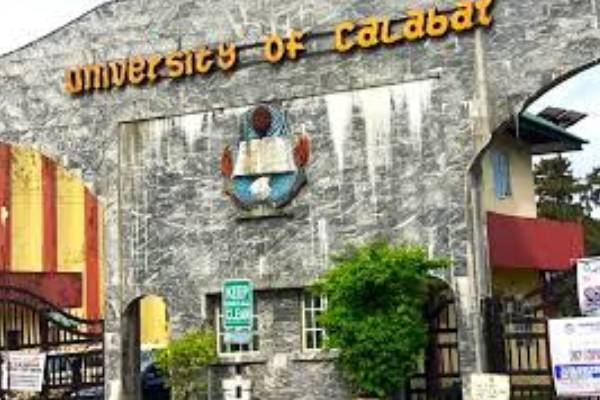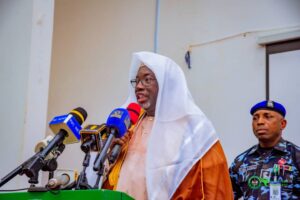A fresh wave of controversy is brewing at the University of Calabar (UNICAL) as the institution prepares to advertise the post of Vice Chancellor (VC). At the heart of the dispute is a proposal by the Chairman of the Governing Council, retired Deputy Inspector General of Police, Udom Ekpoudom, which many believe could unfairly exclude qualified candidates from the race.
The proposal seeks to introduce a new requirement mandating a minimum of ten years of post-professorial experience for VC applicants. Though seemingly administrative, the suggested amendment has raised significant concern, as it departs from a longstanding precedent that has guided appointments at the university for more than two decades.
For the past 25 years, UNICAL has maintained a consistent and inclusive approach to eligibility for the office of Vice Chancellor. Between 2000 and 2020, successful candidates typically had between five and nine years of professorial experience at the time of their appointment:
-
Prof. Ivara Esu (2000) – 5 years
-
Prof. Bassey Asuquo (2005) – 5 years
-
Prof. James Epoke (2010) – 7 years
-
Prof. Zana Akpagu (2015) – 7 years
-
Prof. Florence Obi (2020) – 9 years
This pattern, observers note, evolved gradually and was usually retained across two successive appointments before any revision. The sudden proposal to impose a 10-year threshold—just one cycle after it was raised to nine years—has therefore sparked accusations of bad faith and covert agendas.
Critics argue that the new benchmark is arbitrary and lacks justification. None of Nigeria’s first-generation universities currently requires 10 years of post-professorial experience, with most maintaining thresholds between six and eight years.
“Competence and leadership capacity are not necessarily tied to how long one has held the title of professor,” a senior academic at UNICAL stated, requesting anonymity. “The timing and intent of this proposal suggest an attempt to manipulate the process.”
Reports from within the institution suggest growing disquiet among both academic and non-academic staff. Several members of the Governing Council are believed to have distanced themselves from the chairman’s unilateral move, citing the absence of due process and institutional consensus.
The current Vice Chancellor, Prof. Florence Obi—whose own selection was based on a nine-year professorial tenure—is also under scrutiny. Her position in the matter is being closely watched, as any perceived endorsement of the new rule could be seen as contradictory and potentially self-serving.
The Federal Ministry of Education has reportedly taken notice. A senior ministry official, speaking on condition of anonymity, described the move as “unfair and legally questionable”. Legal action is said to be under consideration by stakeholders who argue that the proposed change breaches the principles of equity and could invalidate the process.
“A flawed advertisement will only invite litigation, erode public confidence, and potentially derail the entire appointment process,” the official warned.
The broader university community is calling for a transparent and inclusive process. A widely supported alternative suggests setting the eligibility benchmark at eight years—striking a balance between quality assurance and equitable access.
As UNICAL navigates this critical juncture, stakeholders are urging the Governing Council to prioritise institutional integrity over individual interests.
Failure to do so, many warn, could plunge the university into a prolonged crisis and compromise the credibility of its next leadership.





